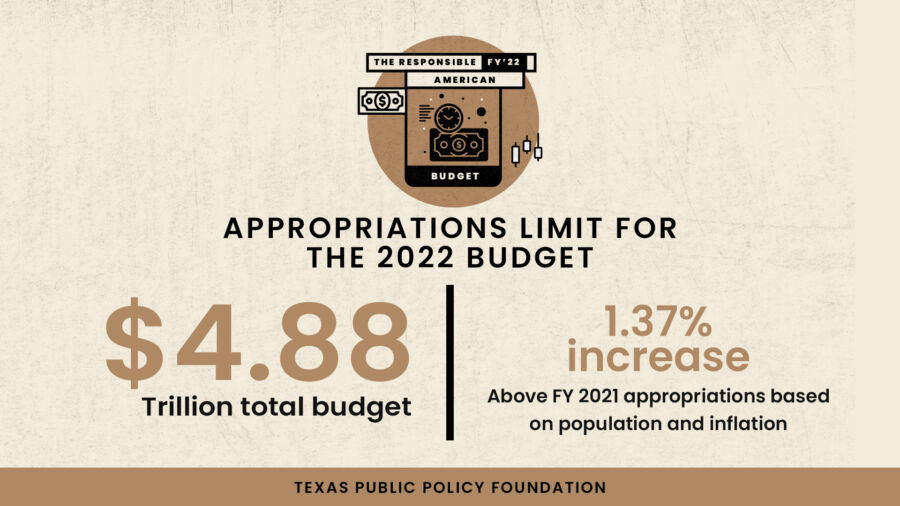Irresponsible government spending damages the productive private sector through redistribution of resources, higher taxes, higher price inflation, and higher interest rates, reducing Americans’ real incomes, job opportunities, and prosperity.
While there have been multiple attempts to reduce the excessive growth of federal spending in the U.S., these attempts have had limited success, if any, as noted by the $28 trillion—and quickly rising—national debt and its $350 billion—and skyrocketing—interest payments.
There is debate about whether deficits matter, and these days many from across the political spectrum suggest that they do not; they are partially correct. The part of fiscal policy that matters to our daily lives is government spending, which is the fundamental source of higher taxes, more regulations, higher debt, and more crowding out of the productive private sector.
Given these challenges, the time is now to address excessive government spending, and we need to promote sound fiscal rules that make the budget tangible for Americans to understand and to hold elected officials accountable for excessive spending. A bold way to do this is provided by the Foundation’s Responsible American Budget.

Vance Ginn, PhD, is the chief economist at the Foundation. Ginn works to unlock poverty through relational, inclusive changes in institutions that expand opportunities to let people prosper. He is a prolific writer and a leading free market economist.